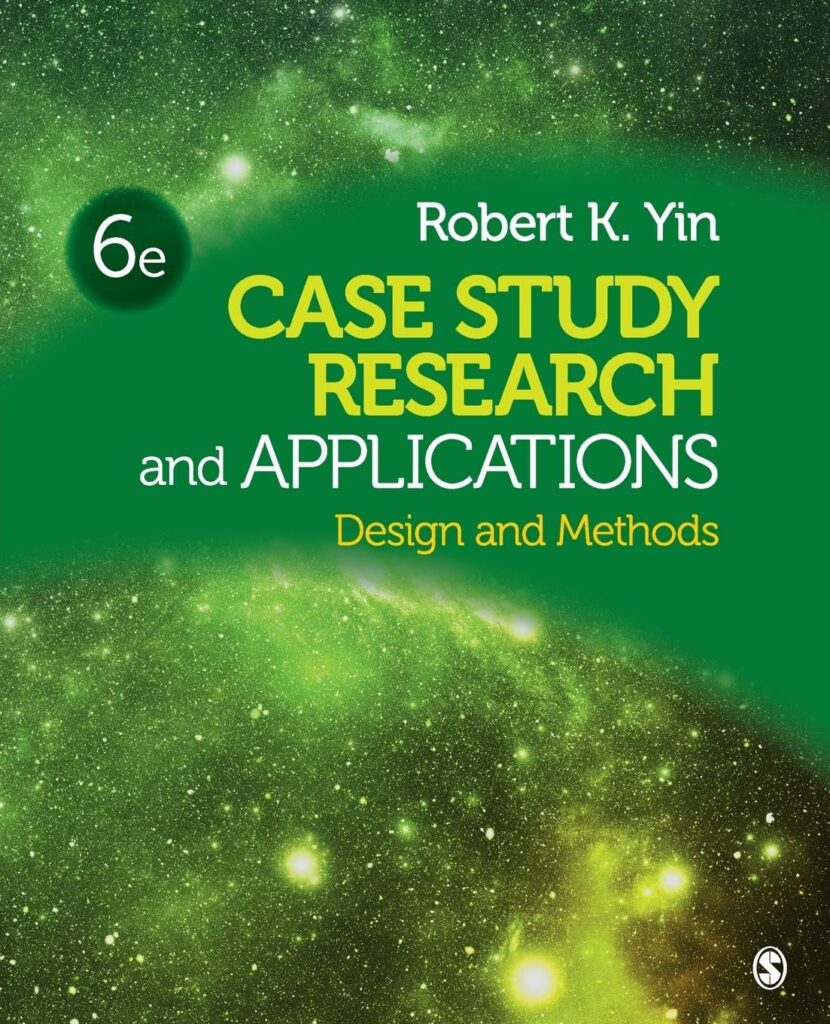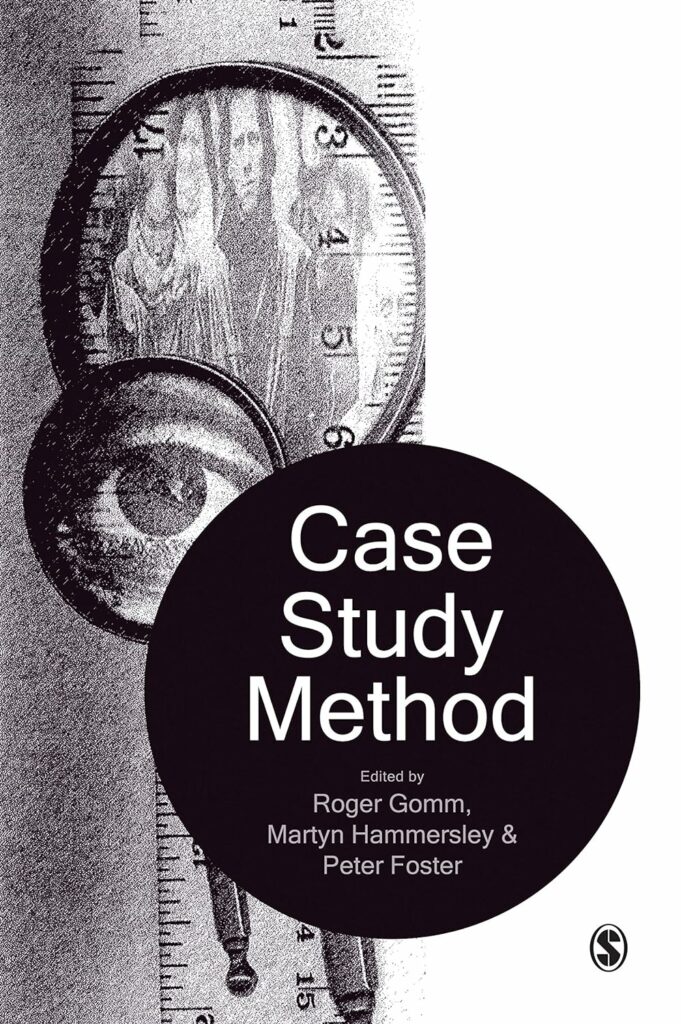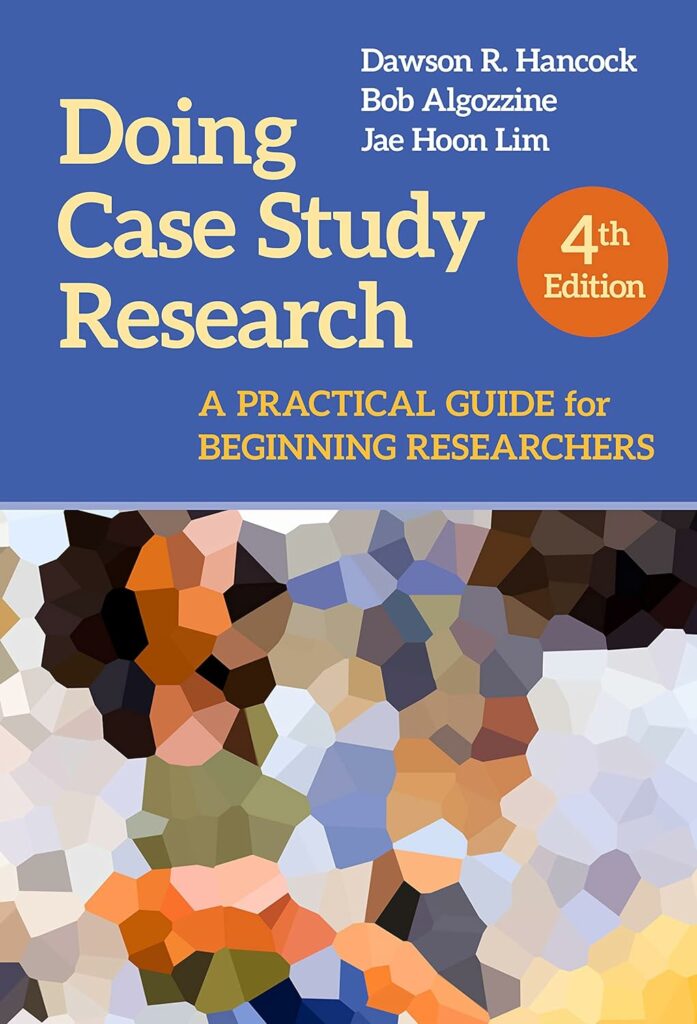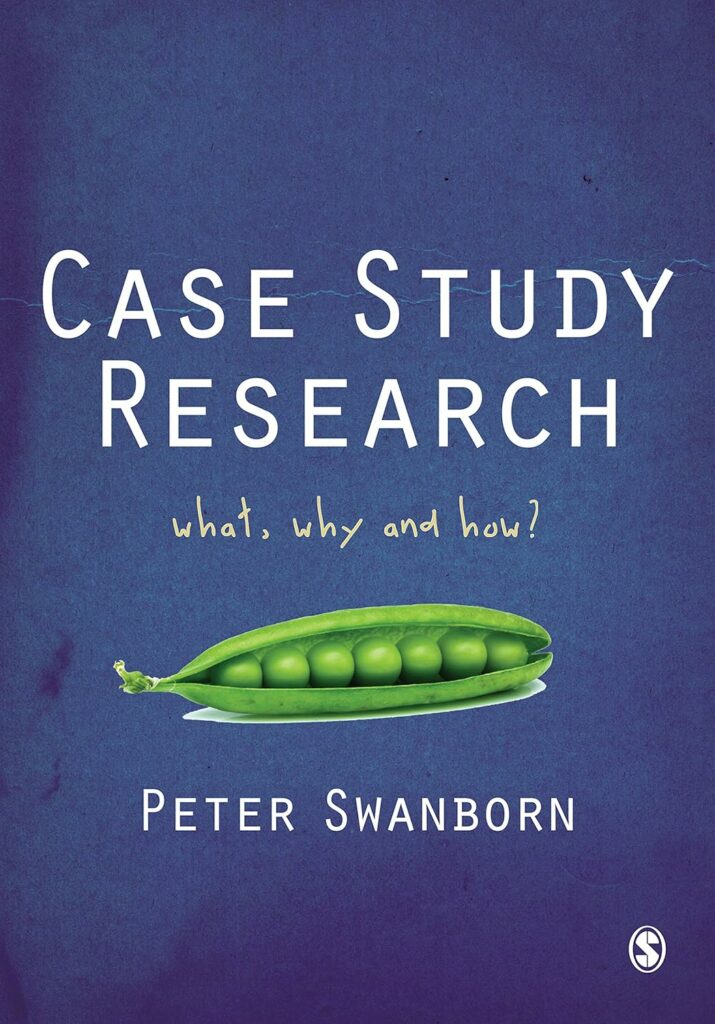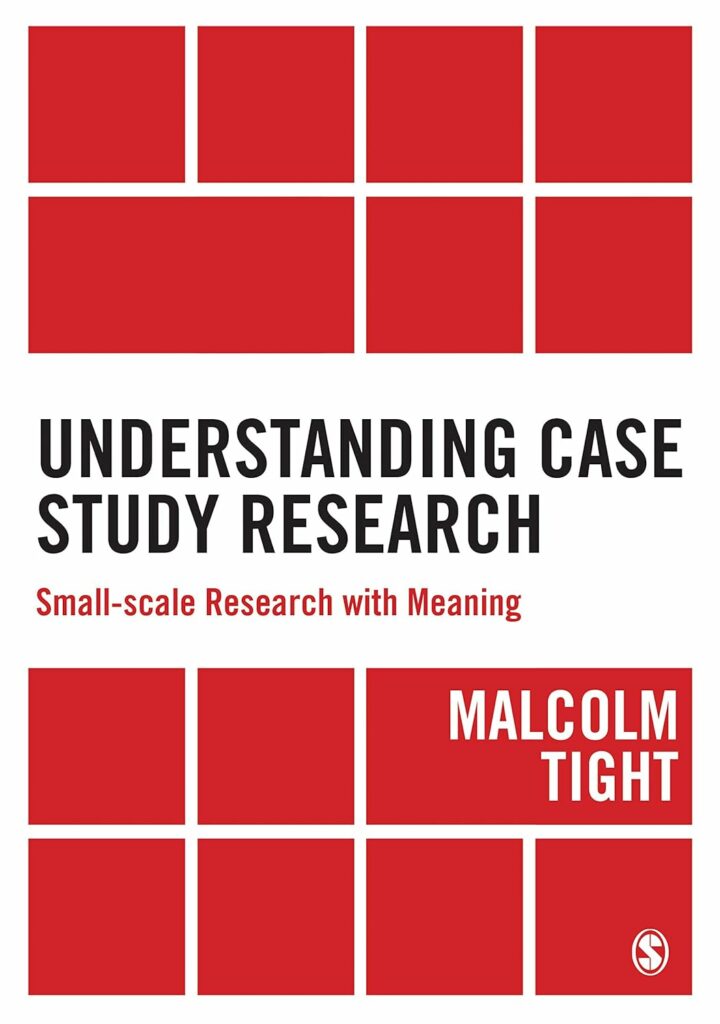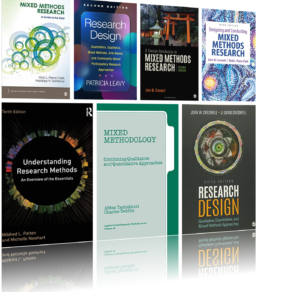In qualitative research methodology case study stands out as a robust and flexible approach, capable of providing deep insights into complex phenomena within their real-life contexts. For scholars, practitioners, and students alike, mastering the nuances of this method can open up new avenues of understanding and inquiry. This is where a carefully selected collection of books on case study research methodology can become an invaluable resource.
I carefully curated this collection featuring seminal texts on case study. Each book, with its unique perspective and expert guidance, offers a pathway to understanding the art and science of case study research.
Related: Best Research Methods Books
Books on Case Study Research Methodology
Whether you’re just starting out or looking to deepen your existing knowledge about this research approach, these books are definitely a must read.
1. Case Study Research and Applications: Design and Methods, by Robert K. Yin
If you are to choose a single option from this list, this book must be it. Yin is a scholar that has prolifically written on case study method. His “Case Study Research and Applications: Design and Methods” stands as a seminal work in the field of case study research methodology. Recognized for its extensive citation in the social sciences, the sixth edition of this book serves as a comprehensive guide for students navigating the intricacies of case study research. It integrates 11 applications, offering readers a glimpse into exemplary case studies across diverse academic and applied fields. Yin’s text is instrumental for those looking to master the design and application of the case study research method, making it an essential resource for both novice and experienced researchers.
2. Case Study Method: Key Issues, Key Texts, by Roger Gomm, Martyn Hammersley, Peter Foster
“Case Study Method: Key Issues, Key Texts” curated by Roger Gomm, Martyn Hammersley, and Peter Foster, emerges as a pivotal compilation that delves into the significance and application of case study methods in social research. This comprehensive guide amalgamates key contributions that span various interpretations and capacities of case study research, addressing critical issues like the challenge of generalization and the method’s role in theory development and testing. The volume not only assesses main arguments with depth but also includes an annotated bibliography, making it an exhaustive and indispensable resource for researchers engaged in case study methodology.
4. The Art of Case Study Research, by Robert E. Stake
Robert E. Stake’s “The Art of Case Study Research” offers a nuanced exploration of qualitative case study methods, drawing from diverse research traditions like naturalistic, holistic, ethnographic, phenomenological, and biographic methods. Stake provides a detailed annotation of an actual case study, addressing fundamental questions related to case selection, maximization of learning, and the application and interpretation of findings. This book distinguishes itself by discussing the qualitative contrast with quantitative approaches and offering insights into data gathering, analysis, and the researcher’s role, making it a critical read for those looking to grasp the depth and breadth of case study research.
5. Rethinking Case Study Research, by Lesley Bartlett, Frances Vavrus
“Rethinking Case Study Research: A Comparative Approach” by Lesley Bartlett and Frances Vavrus introduces an innovative framework for conducting case study research through a comparative lens. Addressing the limitations of traditional methods, this book advocates for the synthesis of information across temporal and spatial dimensions, enhancing the impact and relevance of case studies in policy and practice research. With geographically diverse examples and practical activities, Bartlett and Vavrus guide readers through the development of their comparative case study designs, making this volume a pioneering resource for researchers in education and interpretive social sciences looking to adopt a comparative approach in their work.
6. Doing Case Study Research: A Practical Guide for Beginning Researchers, by Dawson R. Hancock, Bob Algozzine, Jae Hoon Lim
“Doing Case Study Research: A Practical Guide for Beginning Researchers” by Dawson R. Hancock, Bob Algozzine, and Jae Hoon Lim serves as an invaluable roadmap for newcomers to case study research. Now in its fourth edition, this guide provides detailed instructions for every phase of case study research, from design to dissemination of findings. The authors, experienced educators themselves, offer a structure that simplifies the research process for beginners. With updated examples and citations, this handbook is essential for anyone embarking on case study research, emphasizing practical steps and strategies for conducting thorough and credible case studies.
7. Applications of Case Study Research, by Robert K. Yin
Another great book by Robert Yin! “Applications of Case Study Research” provides a pragmatic guide for graduate students and novice researchers embarking on case study research. Presenting 21 diverse applications of the case study method, this book simplifies complex methodological issues through cross-referenced discussions, making it a practical resource. Yin’s approach, tailored for this edition with shortened or rewritten applications, serves as a valuable example for individual researchers seeking to understand the nuances of case study application in various fields, offering a bridge between theoretical constructs and practical execution.
8. Case Study Research: What, Why and How?, by Peter Swanborn
Peter Swanborn’s “Case Study Research: What, Why and How?” offers a comprehensive exploration of case study research, addressing its multifaceted aspects beyond the basic methodology. Swanborn delves into the practicalities of design, collection, analysis, and presentation of research, while also contemplating the timing and appropriateness of case study approaches. This book stands out for its effort to consolidate varying definitions and perspectives of case study research into a singular, coherent volume, making it an essential read for researchers seeking clarity and depth in their case study methodologies.
9. Understanding Case Study Research: Small-scale Research with Meaning, by Malcolm Tight
Malcolm Tight’s “Understanding Case Study Research: Small-scale Research with Meaning” demystifies the concept of case study research for students and researchers alike. Written in an accessible style, Tight focuses on the practical and ethical considerations of conducting small-scale case studies. By highlighting real-world applications and providing guidance on working with secondary data, this book emphasizes the viability and value of case studies as a research strategy. Tight’s approachable narrative and practical advice make this book a must-read for those looking to make meaningful contributions to the field of social science research through case studies.
10. Case Studies in Interdisciplinary Research, by Allen F. Repko, William H Newell, Rick Szostak
“Case Studies in Interdisciplinary Research” by Allen F. Repko, William H Newell, and Rick Szostak showcases the application of interdisciplinary research processes to a variety of complex research questions. Through self-contained case studies, the authors illustrate the effectiveness of interdisciplinary approaches, employing Repko’s model of the interdisciplinary research process. This book is invaluable for students learning how to apply interdisciplinary methods to their research, providing clear examples of how these techniques can solve complex problems across different fields.
11. The Case Study in Social Research: History, Methods and Applications, by Barbara Sena
Barbara Sena’s “The Case Study in Social Research: History, Methods and Applications” offers a profound methodological exploration of the case study approach within the social sciences. Sena seeks to equip readers with a ‘methodological awareness,’ addressing the complexity and distinctiveness of case study research. The book navigates through the historical, epistemological, and technical dimensions of the case study method, providing a comprehensive overview of its application across various fields. This work stands as a pivotal resource for researchers aiming to understand the full spectrum of case study research, from its sociological roots to its contemporary applications.
12. Qualitative Research and Case Study Applications in Education, by Sharan B. Merriam
Sharan B. Merriam’s “Qualitative Research and Case Study Applications in Education” revises and expands upon her classic work to reflect significant advances in qualitative research since its first publication. This book serves as an authoritative guide for navigating the qualitative and case study research process, offering detailed instructions for every phase. Merriam’s updated work is both timely and approachable, providing invaluable insights and practical steps for researchers and educators looking to engage deeply with qualitative research methodologies in educational contexts.
Related: Best Books on Machine Learning for Beginners
Final thoughts
Doing case study research can be both challenging and rewarding. The books highlighted in this post offer a comprehensive overview of everything from foundational principles to advanced applications of the case study research methodology. They provide both theoretical underpinnings and practical guidance on conducting meaningful research. As the landscape of social sciences continues to evolve, these books on case study research methodology will remain essential companions for researchers.




